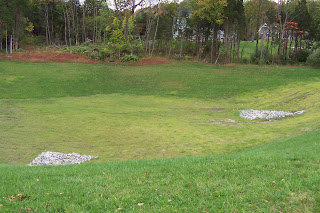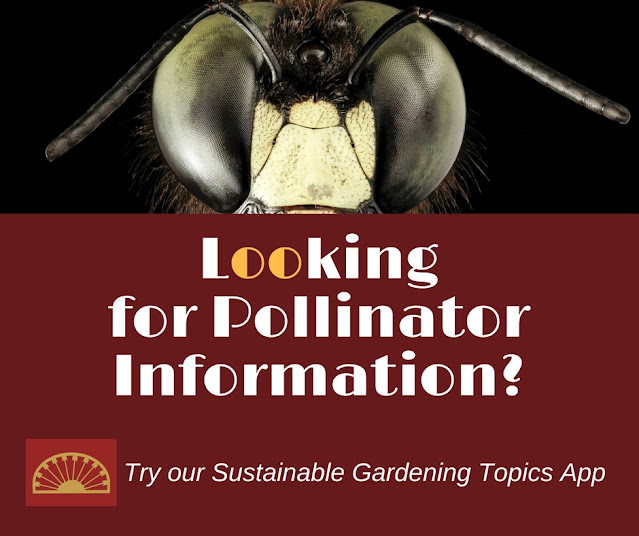Please Farm Responsibly. Because What Grows On The Farm Doesn’t Stay On The Farm
 |
| Keeping the family in Family Farming |
A while back, I was able to stream the GreenBiz Conference in Phoenix without leaving the comfort of my office. I was surprised and delighted to hear the same refrain repeated again and again by heavy hitters from the multi-national companies whose sustainability officers comprised both presenters and audience:
“It’s too late to turn back now.”
Sustainability Tipping Point Reached
As one speaker pointed out early on, a direct consequence of doing business on a global scale is that corporations must abide by the international agreements on sustainable development if they want to do business in any of the signatory countries. That includes selling farm products, sourcing raw materials, as well as manufacturing; regardless of whether or not the U.S. government ever signs any of those conventions or treaties. This should be big news, but it’s yet to make big headlines.
In addition, so many American consumers and investors are demanding that corporations pay more attention to their impact on the environment and human health, that we’ve already passed the tipping point. Decision-makers are finally listening. In many cases, the changes made (for example, investing in alternative energy systems) have already resulted in savings going directly to the company’s bottom line. These changes are starting to make waves in agriculture, too.
Keeping the Family in Family Farming
Farming is a risky business, with no guarantees. Farmers are faced with making huge investments in land, equipment, and time that may never pay out. Yet, young families, many of whom would like to grow healthier food using fewer chemicals, continue to make the commitment. Farmers I've spoken with enjoy the lifestyle, sense of community, and want to raise their kids with easy access to the great outdoors.
Because the Sustainable Gardening Library focuses on gardening and farming, I was primarily interested in those GreenBiz sessions that dealt with environmental impact, land conservation, water use, and agriculture. Of special interest to farmers, was Kashi Foods CEO David Denholm’s discussion on Scaling Organic Agriculture. Kashi has implemented a “Certified Transitional” program to help farmers bridge the three-year, economically difficult period it takes for their farms to become certified organic by the USDA.
Denholm says that less than 1% of U.S. farmland is organically managed, but that, according to the USDA, consumer demand for organic foods has grown by double-digits every year since the 1990s. Kashi’s goal is to create a movement towards increasing the number of organic farms in the U.S. and that’s good news for family farms seeking a viable niche.
Learn more: Kashi’s Certified Transitional Program
To Read More about farming and food, discover the Sustainable Gardening Library Topics app:
Like The Sustainable Gardening Library’s Page on Facebook
Follow The Sustainable Gardening Library on Twitter


